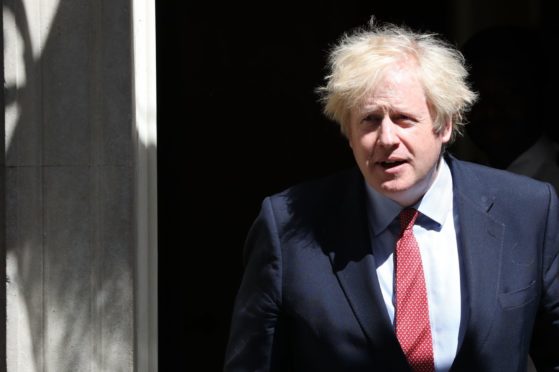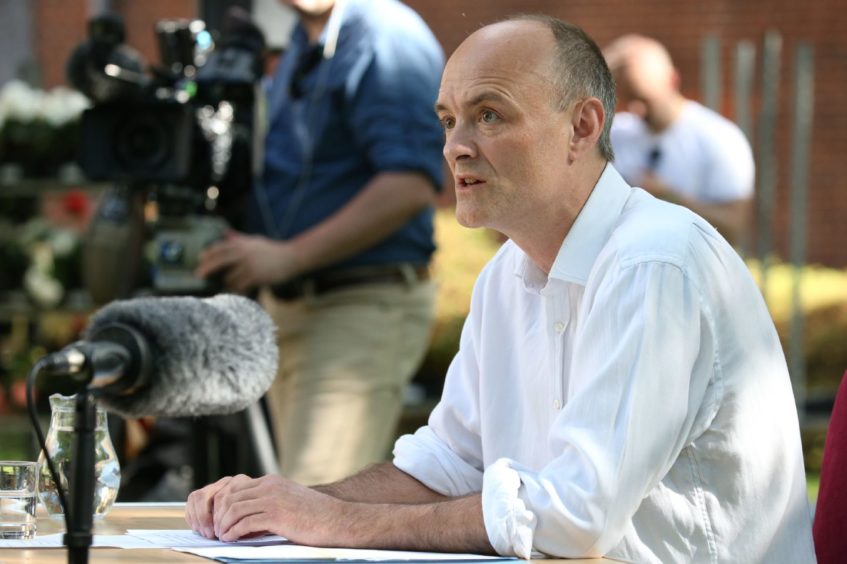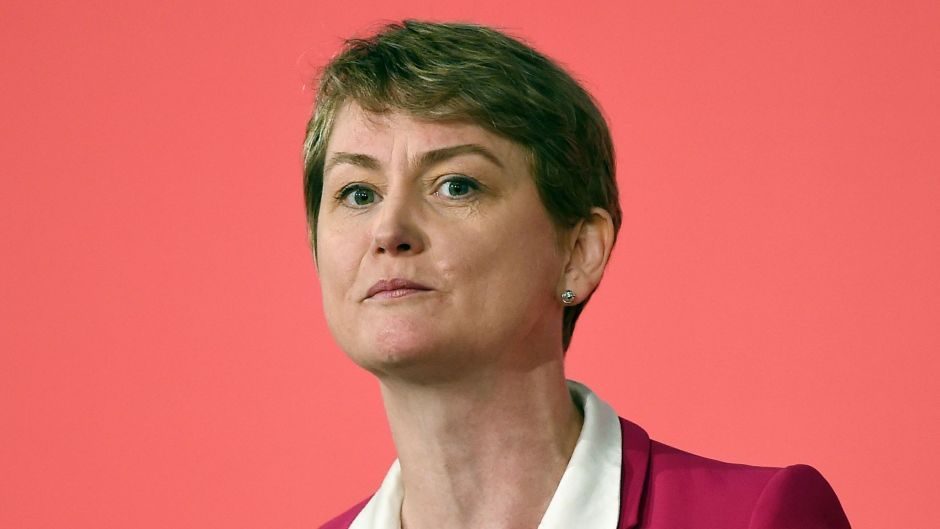Boris Johnson has ruled out an inquiry into the lockdown conduct of his top adviser, Dominic Cummings, insisting it is time to “move on” from the row.
The prime minister told MPs that any further investigation of Mr Cummings’ decision to drive 260 miles from London to County Durham during the height of the Covid-19 outbreak would “not be a very good use of official time”.
In an often fractious appearance before the Commons liaison committee, the prime minister declined to answer most questions about Mr Cummings, saying repeatedly it was time to “move on”.
“Quite frankly I’m not certain – right now – that an inquiry into that matter is a very good use of official time,” the prime minister said.
“We are working flat out on coronavirus.”
He said he was “deeply sorry for all the hurt and pain and anxiety that people have been going through throughout this period”, but repeatedly insisted it was now time to “move on”.
He argued during the appearance before the committee, comprised of the chairmen and women of Commons select committees, that the public wanted politicians to focus on “uniting our message” and “focusing on their needs”.
Mr Johnson also admitted it had been a “very frustrating episode”, which he sought to dismiss as a “political ding dong” with inaccuracies but he refused to state which aspects of the allegations were untrue.
The most fiery exchange on the matter came when Labour’s Yvette Cooper asked the prime minister whether all parents with childcare worries and suspected Covid-19 could now travel freely.
Mr Johnson replied: “If you have exceptional problems with childcare, you can vary your arrangements, that’s clear.”
Pressed on this, he said: “I think you’d have to look at each individual case.”
Ms Cooper accused Johnson of “putting your political concerns ahead of clear public health messages” to protect Mr Cummings.
Mr Johnson responded: “This conversation has, to my mind, illuminated why it’s so important for us to move on and be very clear with the British public about how we want. Frankly, when they hear nothing but politicians squabbling and bickering, it’s no wonder that they feel confused.”
Mr Johnson’s defence of Mr Cummings came after Moray MP Douglas Ross quit as a minister in protest and the number of Tory MPs to publicly call for the controversial aide to leave his post continued to grow.
Indeed, even while Mr Johnson was taking part in the virtual committee hearing, Conservative MP Giles Watling tweeted: “I’ve been listening to the PM in the Liaison Committee. I applaud him for sticking by his man, but I’m afraid Mr Cummings should stand down.
“His continued presence at the heart of government at this time is an unwanted distraction.”
The prime minister also used his appearance at the committee to commit to looking into a condition of the immigration system that has left people with no state financial support during the coronavirus crisis.
The prime minister said he would “see what we can do to help” people who have no recourse to public funds.
No recourse to public funds (NRPF) is a standard condition applied to people staying in the UK with a temporary immigration status.
“Clearly the people who have worked hard for this country to live and work here should have support of one kind or another. I will find out how many there are in that position, and we will see what we can do to help”, he said.


